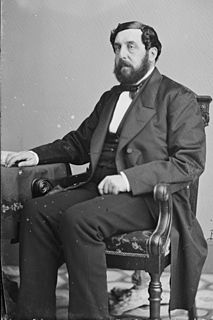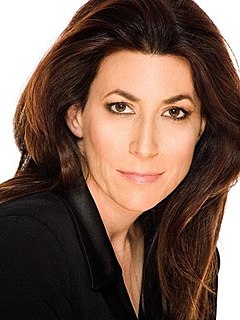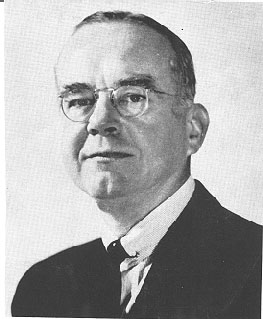A Quote by John Adams
Liberty, according to my metaphysics is a self-determining power in an intellectual agent. It implies thought and choice and power.
Quote Topics
Related Quotes
Liberty, according to my metaphysics, is an intellectual quality, an attribute that belongs not to fate nor chance. Neither possesses it, neither is capable of it. There is nothing moral or immoral in the idea of it. The definition of it is a self-determining power in an intellectual agent. It implies thought and choice and power; it can elect between objects, indifferent in point of morality, neither morally good nor morally evil.
Our Founding Fathers well understood that concentrated power is the enemy of liberty and the rights of man. They knew that the American experiment in individual liberty, free enterprise and republican self-government could succeed only if power were widely distributed. And since in any society social and political power flow from economic power, they saw that wealth and property would have to be widely distributed among the people of the country. The truth of this insight is immediately apparent.
The base of all artistic genius is the power of conceiving humanity in a new, striking, rejoicing way, of putting a happy world ofits own creation in place of the meaner world of common days, of generating around itself an atmosphere with a novel power of refraction, selecting, transforming, recombining the images it transmits, according to the choice of the imaginative intellect. In exercising this power, painting and poetry have a choice of subject almost unlimited.
As I have often written, power is the fundamental ingredient of the human experience. Every action in life, every thought, every choice we make-even down to what we wear and whether we are seating in first class or coach-represents a negotiation of power somewhere on the scale of power that constitutes life.
As the organized Left gained cultural power, it turned into a monster that found perpetual victimhood, combined with thought and speech control, the most efficient way to hold on to that power. Suddenly it was the Left, the protector of liberty, that was setting rules about what could and could not be said or even thought.
Men in great place are thrice servants; servants of the sovereign state, servants of fame, and servants of business; so as they have no freedom, neither in their persons, nor in their actions, nor in their times. It is a strange desire to seek power and to lose liberty; or to seek power over others, and to lose power over a man's self.































